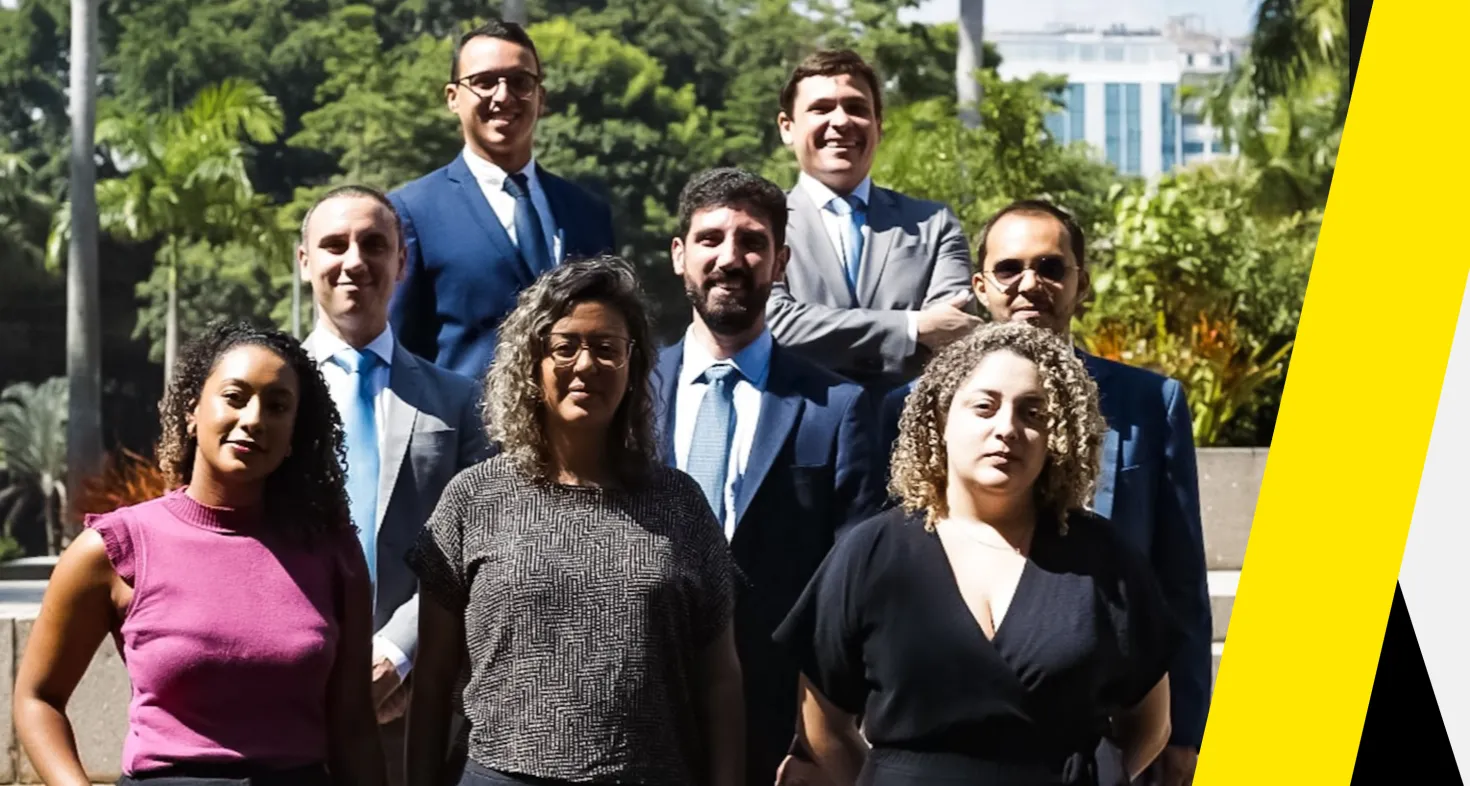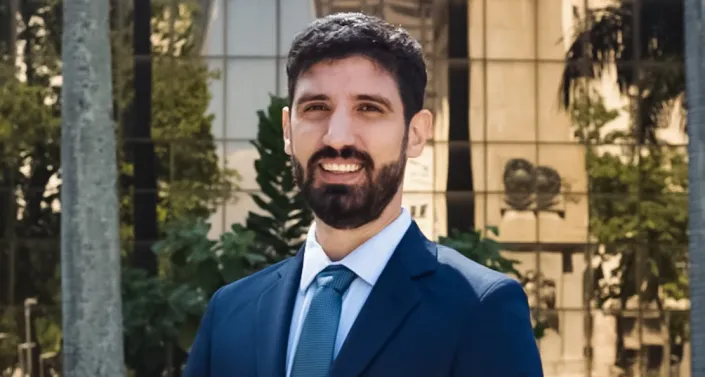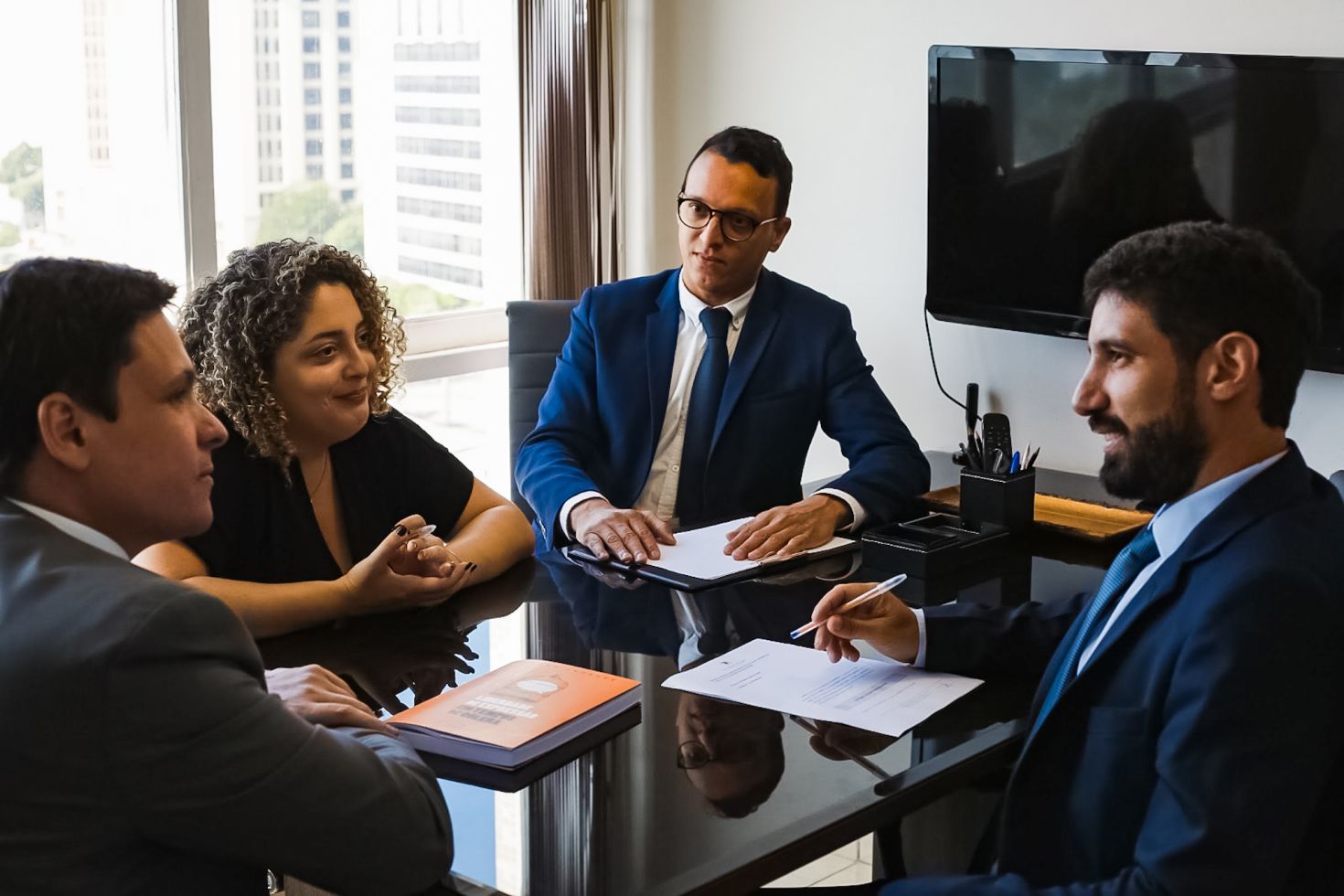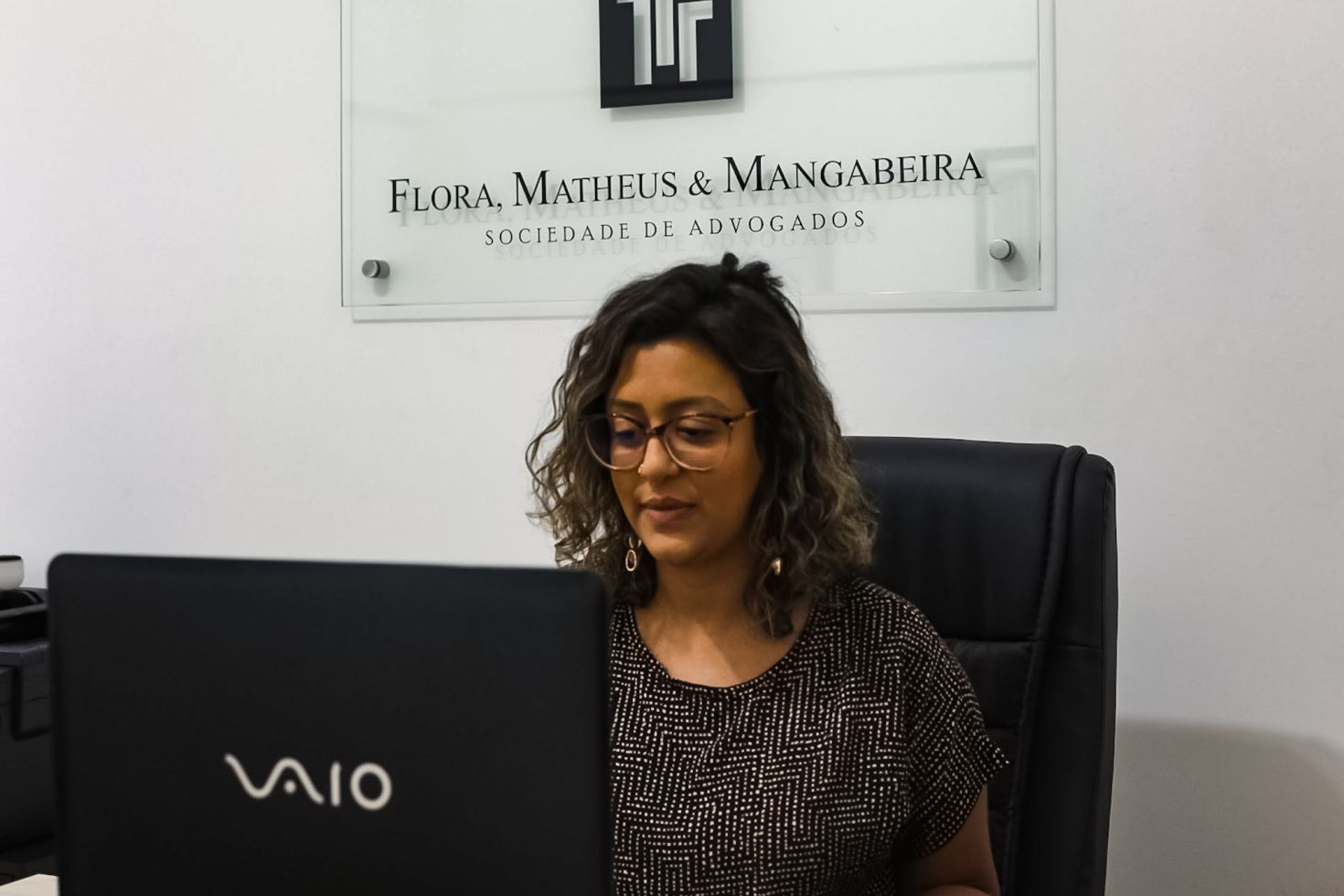
Using the law as a tool for social change in Brazil
Journalists worldwide face legal harassment aimed at censoring them. It takes a lot of time, money and knowledge for them to stand up against the powerful and wealthy people who often sue them for uncovering corruption. This problem is specifically urgent in a country like Brazil, where press freedom is not always guaranteed in practice. Fortunately, there are lawyers who engage with civil society and use their knowledge and expertise to bring about social change.
We speak with Diogo Flora, owner and founder of our partner Flora Matheus & Mangabeir a Sociedade de Advogados (FM&MSA) who are based in Rio de Janeiro, Brazil. Together with Flora, we are working against the impunity of murders of journalists, for example in the case of Pedro Palma. Flora developed and executed a legal strategy for the case that was investigated by Free Press Unlimited’s A Safer World for the Truth-project. Flora initiates actions in our strategic cooperation such as requesting investigative acts from prosecutors.
How it started
It was 2015 when Flora and his partners, André Matheus and Lucas Mourão, decided to start a law firm, but their story of defending human rights began several years earlier.
Flora: ‘’Almost all of our current colleagues studied at the University of the State of Rio de Janeiro (UERJ): the first Brazilian university to establish a system of racial quotas for the selection of students. This policy of reparations for slavery was later adopted across the country. This was a very important moment for all of us. At the same time that we studied law, learning from the greatest Brazilian jurists, our study was crossed by social, racial and gender issues. ‘’
The school, UERJ, itself is also an inspiring place. Flora continues ‘’UERJ houses one of the main law schools in Brazil and has among its professors several Supreme Court Judges, including the current president. It is also home to several progressive social and political movements, including ‘Marielle’ named after, a black woman councillor who was brutally murdered in 2018 for defending the weakest.’’
Before Flora and his partners started their professional careers, they encountered various social issues at school. What brought them together was the desire to use the right to support legitimate causes. ‘’This is how we started working for freedom of expression and the safety of journalists'' says Flora.

Press freedom in Brazil
Unfortunately, Brazil is not the safest place for journalists to do their work. In 2023, they were ranked 92nd in the Reporters Without Borders’ World Press Freedom Index. The index, consisting of a ranking of 180 countries, evaluates the climate for journalists and independent media worldwide.
‘’In 2018, a revolution was taking place on the internet. Professional journalists, who verify the facts, were discredited by the public due to a massive disinformation and fake news campaign. In Brazil, the majority of the population has only recently got access to the internet and mobile phones. They do not yet have the means and knowledge to protect themselves from fake news and disinformation.’’
Flora continues: “As a result, many journalists faced physical violence. Some were even murdered. This is how freedom of speech and the safety of journalists became the topic of the moment. An issue that is still important today. As FM&MSA we are proud of significant achievements we made in this field, whether it is in the fight against legal intimidation or against impunity.’’
Keeping democracy healthy
FM&MSA strives to keep democracy healthy by protecting freedom of speech and safety of journalists. With success. Since their existence, they have managed to defend the human rights of several innocents. While all victories, big and small, contribute to a step closer to a healthy democracy, there are a few cases that have truly stuck with Flora.

‘’The case that really left a mark on me was the one of journalist Paula Cezar Prado. He had been sentenced to one year and six months in prison for uncovering corruption by a former judge. We took his case to the Brazilian Supreme Court and the OAS Inter-American Human Rights Court. In the end, we managed to guarantee his freedom,‘’ tells Flora with a smile on his face.
‘’But other very important goals have also been achieved. Like the case of Mr Cuenca, who was sued hundreds of times by a Brazilian church with each trial in a different Brazilian city. We have won all these cases so far.
Another example is the banning of a documentary that uncovered a major case of corruption. A local court tried to censor the makers of the documentary. Luckily, we have achieved a paradigmatic victory at the Supreme Court.”

Biggest challenges
It is problematic that journalists are being intimidated at a large scale. Not only because of the psychological distress the journalist may experience, but also because these threats can lead to (self)censorship. Journalists become more reluctant to publish, modify or delete a publication, or even refrain from further investigation. Some journalists are imprisoned after losing a court case and others are even murdered. Without justice for these journalists, it will become increasingly difficult for anyone to write about important topics such as corruption or human rights. Our right to both freedom of expression and reliable information is seriously threatened by this.
This is why defending journalists is one of the biggest challenges for FM&MSA. ‘’We want to ensure that justice specifically focuses on the safety of journalists. Not because they are more important than other people, but because their work is dangerous and extremely important for democracy. There is still a lot of work to be done.’’ says Flora.
